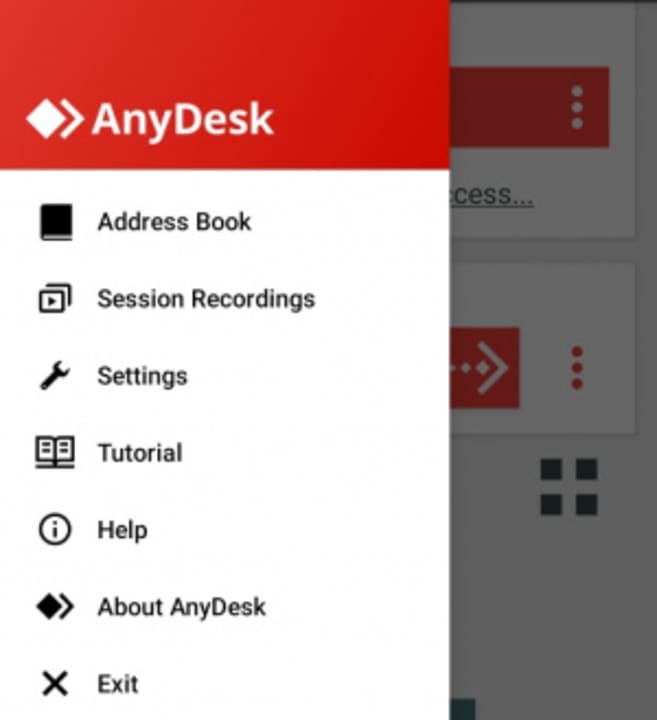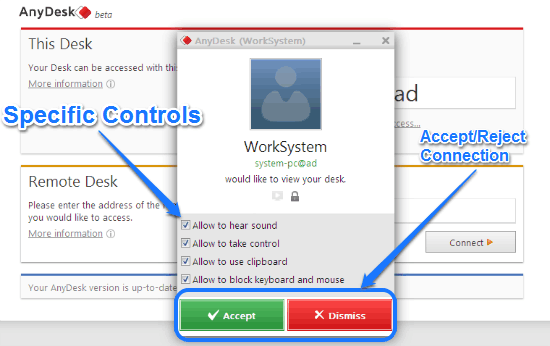


Eventually, the crypto-currencies that are stored away can be redeemed again, for example, in cash that is no longer traceable. These can be compared to money, in that they can be transferred away to another “wallet,” which again is controlled by the criminals. From the money deposited in the wallet, cryptocurrencies are purchased, for example bitcoins.

These are billion-dollar companies, used by scammers to carry out their crime and siphon off the loot.

This is often simply done through “Ideal.” This wallet can be opened at a company registered in the Netherlands (such as Litebit, Coinmeester, Bitvavo, Coinmerce) but also at a large foreign company (such as Binance, Kraken, Coinbase or Bitpanda). The new method used by the boiler rooms is that the duped person must open a “wallet” into which money is deposited from his or her bank account. Banks must abide by all kinds of rules to open a bank account, and criminal organizations cannot meet the bank’s requirements. Because the investment firm does not really exist and is a ghost company, they cannot simply open an official bank account as a starting point for siphoning off the loot, so they have to come up with another way. This happens without the duped person noticing, because the duped person first sees his investments increase in value (so that he invests even more). The idea is to get this money to the scammers. The criminal organization is after the duped person’s money and the so-called investments are only a way to elicit payments from which no investments are purchased. By creating a fancy website, investments are fictitious while in reality there is nothing. In reality, this is a boiler room in fact, there are no real investments being purchased. The criminal organization uses an investment website where the duped person creates an account. This is a new form of investment fraud, which begins with arousing interest in complex investments (Forex, CFDs or cryptocurrencies). Our firm is seeing a sharp increase in fraud using “screen sharing software” from Anydesk, Teamviewer and Screenleap and cryptowallets used to siphon off money.


 0 kommentar(er)
0 kommentar(er)
